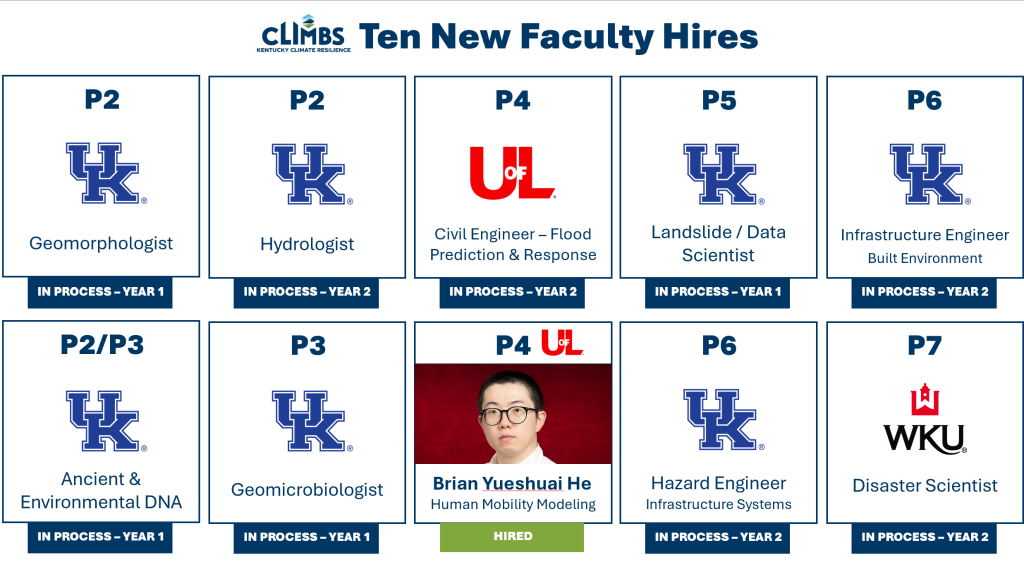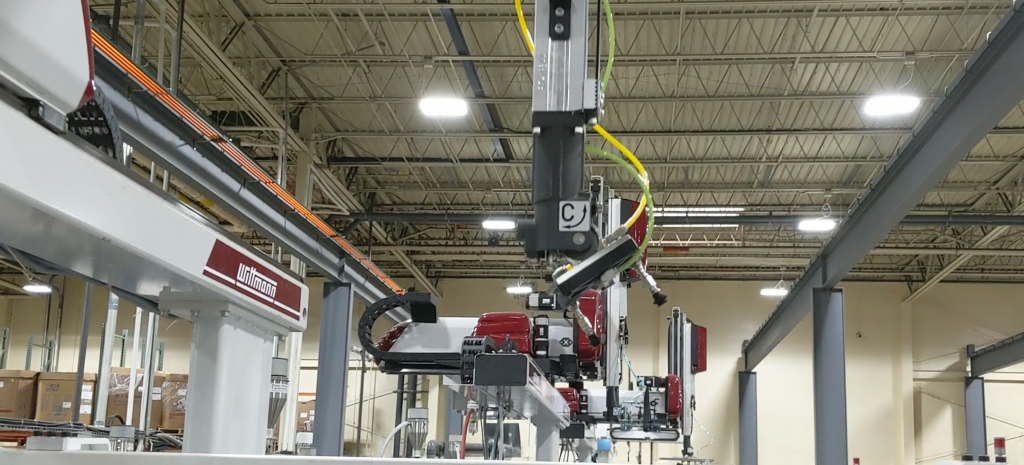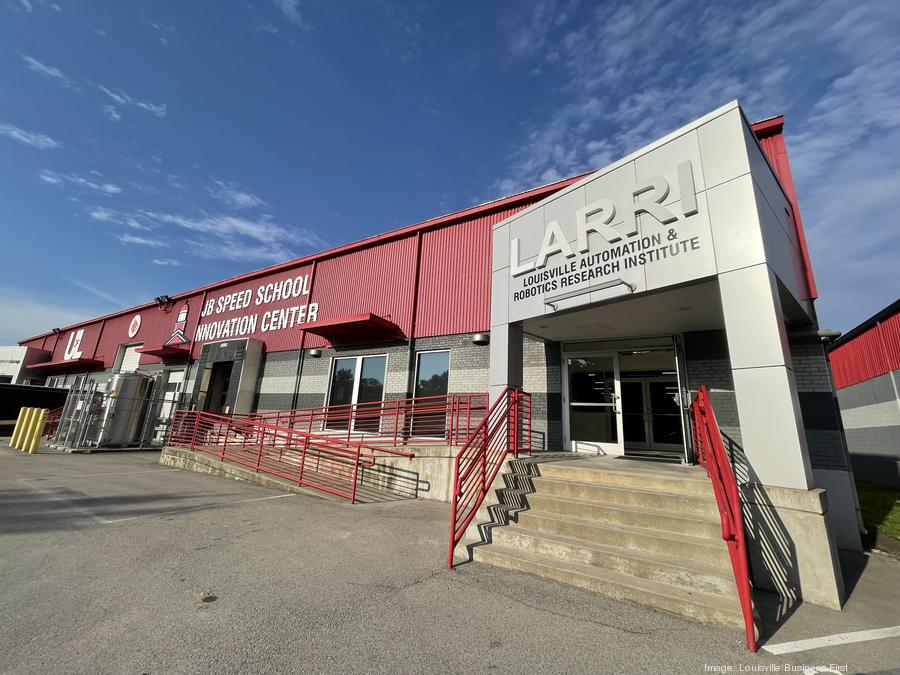As KY NSF EPSCoR’s CLIMBS project continues to build climate resiliency, it is also building research infrastructure to support CLIMBS initiatives well-beyond the five-year project. Much of that support comes in the form of new faculty hires. Ten new hires — seven at UK, two at University of Louisville, and one at Western Kentucky University — will enhance and broaden the scope of Kentucky climate research for years to come. These hires, will join the CLIMBS project within year one or two of the project.
KY NSF EPSCoR is pleased to announce the first hire of the ten. Brian Yueshuai He, Ph.D., recently joined the University of Louisville as an Assistant Professor of Civil and Environmental Engineering. Dr. He is part of CLIMBS Project 4 which seeks to mitigate flooding impacts in Eastern Kentucky. His specific research is grounded in human mobility and transportation modeling, observing where people move and how people act during a disastrous event, to better understand how to prepare for future climate hazards.

“My research is about human mobility modeling, which means we understand how people are traveling across diverse geographic areas about travel patterns, specifically about what kind of activity they are doing, how they’re going to travel across different regions,” He says.
A graduate of New York University, Dr. He spent nearly 4 years as a research scientist at UCLA before joining UofL. He has extensive research experience in urban mobility modeling, artificial intelligence, data synthesis, travel behavior analysis, transportation economics, and sustainable energy and emission studies. He brings these skills and more to the Project 4 Team, and colleagues like Dr. Tom Rockaway are excited to have him aboard.
“We are thrilled that Brian has joined the UofL team, and specifically the EPSCoR CLIMBS project,” says Rockaway. “His background in transportation systems will be a significant asset to Project 4 as we work to improve community resilience and infrastructure response to flash flood events. Through a better understanding of how these components interact, we can work towards a safer Kentucky.”
Dr. He and his colleagues will focus on specific communities in Eastern Kentucky that experienced flooding events in 2022. By targeting these communities, they can create baseline conditions and target modeling efforts. Then, run simulations of the proposed infrastructure’s performance to adapt community strategies for floodwater management. In other words, create a control group of how people move, and then create an experimental group using machine learning and computational simulation that predict where that same group of people might move during a flooding event.
Among various sources, Dr. He will utilize data like the National Household Transportation Survey, an open-source dataset that collects anonymous mobility data across the country. He will also be working directly eastern Kentucky communities to collect more specific data in order to build his control group.
“For transportation and human mobility studies to work, we need community engagement, because we are working with people, and really working for the people,” says He. “If you don’t understand who they are, or what their real needs are, you might just be randomly guessing and that is very ineffective.”
Beyond the research, Dr. He is looking forward to helping people and believes the CLIMBS project will do just that.
“This is a good opportunity to engage with new communities,” says He. I am new here, so I look forward to meeting the people of Eastern Kentucky and helping them build an effective transportation and human mobility model that will hopefully improve their reaction time in a flood disaster.”
KY NSF EPSCoR welcomes Dr. He and looks forward to supporting his research for years to come. For more on the UofL group,




